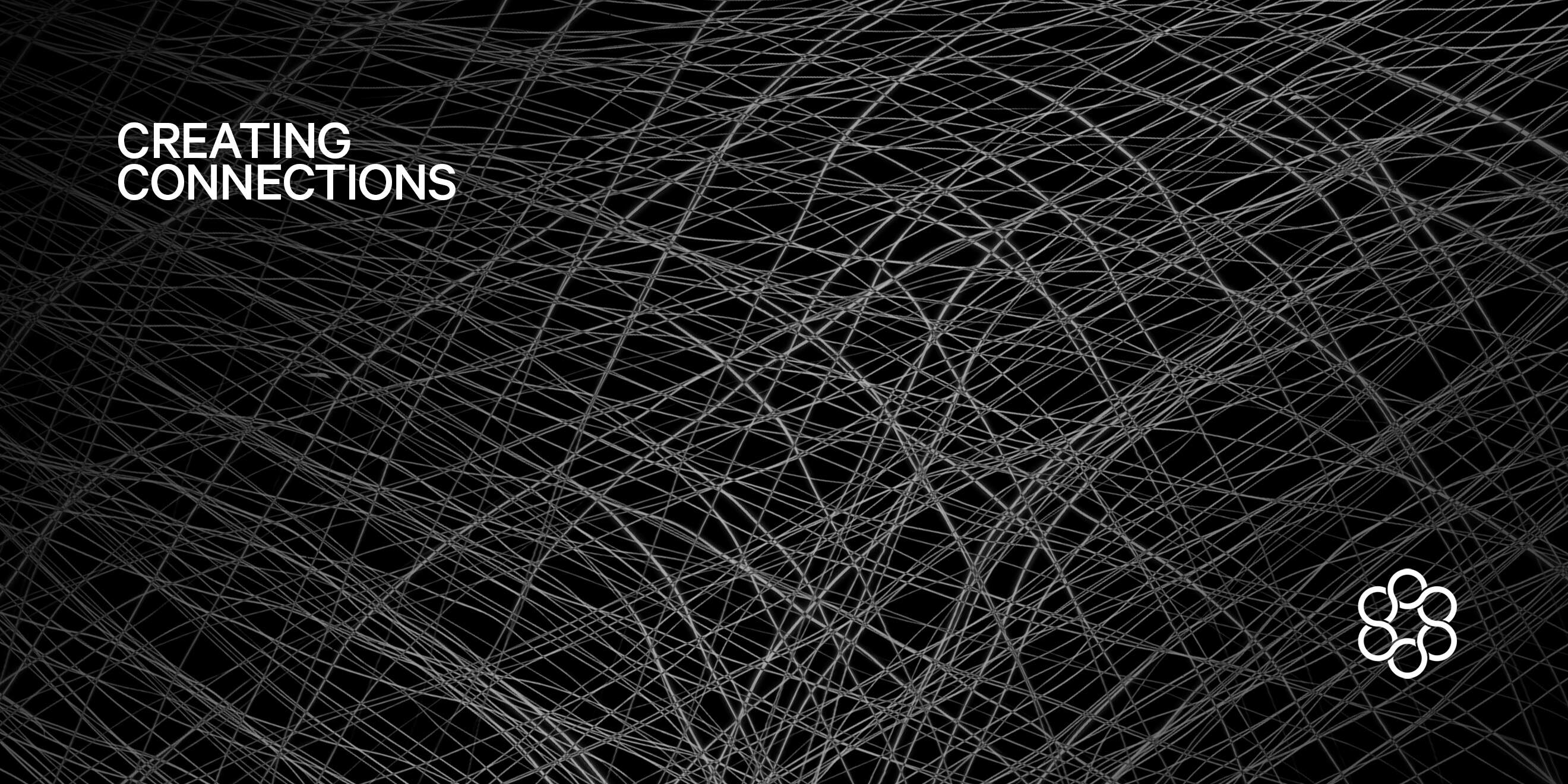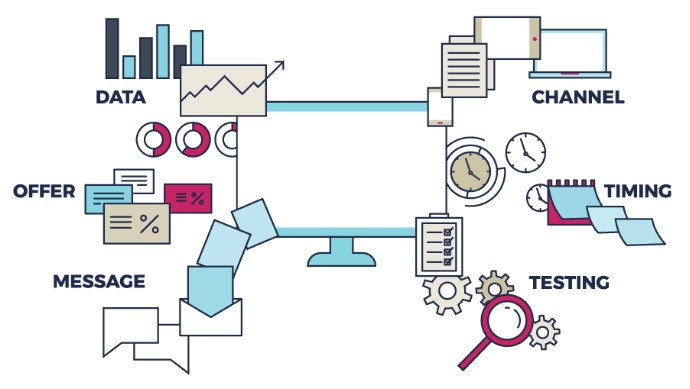What a software engineering student from Mexico taught me in my career.

We are all too acutely aware that we are experiencing a drastic shortage of individuals to fill software engineering and security roles. Technology innovations and threats continue to evolve at an unprecedented rate. Exacerbating this challenge is the mass movement by enterprises to the cloud, which requires new, next generation software engineering and IT skill sets.
Many organizations and hiring managers, take a cognitive shortcut when it comes to recruitment, hiring people they have worked with previously or they look to the more affluent or Ivy-league academic institutions that have software engineering and/or information security programs. In my opinion, this is why the face of software engineering and security has not changed all too much in the last decade or so. I believe there needs to be more emphasis on discovering and investing in underrepresented talent. You cannot advance the face of software engineering or cybersecurity if you only look for talent in the same places.
College professors will tell you that the top five to 10 percent of students in software engineering programs no matter what university they attend, are equally driven and talented. Exploring and identifying underrepresented talent early on and from unexpected places is a lesson that I learned firsthand while working as a strategic solutions director and senior cloud solutions architect at D3Clarity, an IT services and IT consulting company.
D3Clarity has a unique partnership with Punto Singular in Mexico, where they focus not on the top tier schools in Mexico City, which are expensive and out of reach for most Mexicans, but instead on Mexican Instituto Tecnológico, which is equivalent to state technological universities here in the United States. These schools are entirely technology focused. Punto Singular identifies students in their early undergraduate years via hackathons and workshops and provides them with internships and career opportunities with Punto Singular’s customers such as D3Clarity.
To help with recruitment, Punto Singular encourages its customers to come to Mexico and meet with the undergraduate students and professors to build connections. In February 2018, I ventured to Mexico, and it was then that I had the privilege of meeting Alejandra Bustamante, a computer science student at Instituto Tecnológico de Zitácuaro. Zitácuaro is a city in the Mexican state of Michoacan, where agriculture and mining are the major industries. The students we met while on this trip were excited to learn more about software development and engineering fields and careers once they finished school. What I found most memorable was the question that the women asked, which is not any different from junior women developers here in the United States. That question being, “How can I prove that I can do the work so you can take a chance on me?”
To me, that question is at the heart of diversity. Why are we more inclined to provide an engineering student from an Ivy league university an internship opportunity or hire without proving that they can do the job over those in a state school in the United States or Mexico? To me, this drives home the need to challenge bias and assumptions and open the doors to resources from other backgrounds.
Alejandra was a such a standout as were two other students we met during the trip. Already committed to a position at Hewlett- Packard in Mexico, we decided to give Alejandra’s peers an opportunity to come work for D3Clarity as new software engineers.
Flashforward to September 2021. I joined Aviatrix, a pioneer in secure cloud networking, as principal solutions architect, and after two months, I was promoted to chief information security officer (CISO). This past spring, I had a job opening on my security team—a DevSecOps position. I needed someone with a bit more experience than a recent college graduate, who was eager roll up their sleeves to get the job done and located in Dallas. I continued to stay in contact with Alejandra and learned that she had recently relocated to Dallas. I took this as a sign and reached out to her as I knew that she would be a great fit for the position. Given her aptitude, work ethic, and career aspirations, I wanted to give her an opportunity to branch out of software development and learn security, cloud computing, and automation.
Soon thereafter, she came to work at Aviatrix, sporting the title SecOps and CSP Ops engineer, and she has excelled. I am enormously proud of her.
This experience has stuck with me and has helped to reaffirm how important it is for each of us to develop atypical networks that open doors. Changing the face of cybersecurity and software engineering will only happen when we change the faces of our internal network.
Alejandra is the third person in from the left and Jenn is the fifth person in from the right in the front row.







